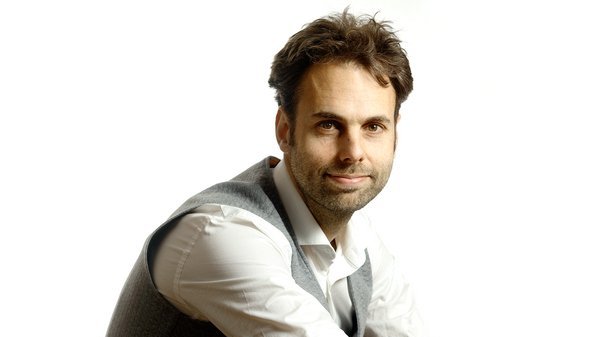Advice from an astronaut
[Column]
In March of last year, we published an interview in de Volkskrant newspaper with astronaut André Kuipers giving tips on quarantine. It seemed quite an original and amusing idea. We thought astronauts who orbit the Earth cooped up together could give some experience-based advice on quarantine to us normal earth-dwellers who suddenly had to stay at home and live in small social bubbles. Kuipers spent two missions in the ISS space station, the longest lasting 193 days. I remember thinking when we published that interview: no way will this last that long. Now we know better. Apart from a relatively carefree summer vacation, we’re still saddled with the virus and related restrictions.
As a 42-year-old family man with a permanent job, my own suffering is relatively limited. But what if this had happened in my first year at Delft? I didn’t know anyone then.
I was on tenterhooks about my ability to cope with the degree programme, or even to make friends. Then you’re suddenly being educated online from your student room: your lecturer and fellow students are on screen and the study association is closed.
These seem to me to be extremely difficult conditions for feeling at home and thriving in a new city. There’s also the added factor that the coronavirus often doesn’t affect young people so badly. They’re sacrificing their freedom for older generations who can become fatally ill from Covid-19. Is the cost-benefit balance of the measures tilted too far in one direction?
As a TU Delft alumnus, I just love calculations, but this one’s not so easy. What’s worse? Older people who die five or ten years earlier than usual because of a coronavirus infection? Or young people in the prime of their lives unable to flourish because of lockdown measures? And how should we factor in people with ‘long Covid’ or those with other medical issues who are receiving less effective help, or pub owners and theatre actors forced to abandon their life’s work? You simply can’t calculate it – or at least I can’t.
Looking back, André Kuipers’s quarantine tips suddenly don’t look so crazy. Tip 1: Don’t shy away from discussing anxiety and stress, take the time to listen to each other’s concerns. Tip 2: Form a close-knit team. (“Whether it’s your housemates or your family: you need to arrange group activities. Eat together, play games. Paint your house, whatever.”) Other tips ranged from “make time for sport” to “cherish nature”. All good advice, but of course lockdown is still an interminable struggle for students. I suggest that every graduate who experienced lockdown during their degree should have a positive endorsement added to their certificates. Something along the lines of “extremely persistent, demonstrated huge resilience, survived the lockdown of 2020-2021”.

Tonie Mudde
Tonie Mudde is the Head of Scientific News at de Volkskrant newspaper. He studied Aerospace Engineering in Delft.(Photo © Sam Rentmeester)